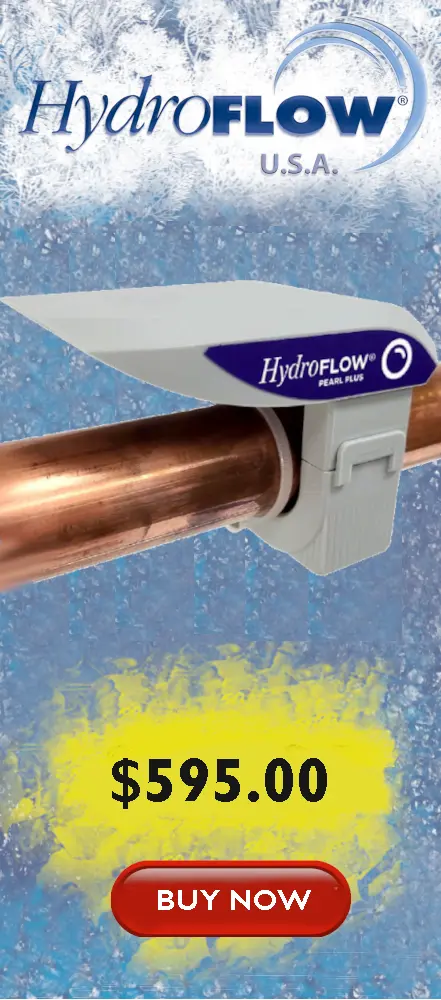North Carolina
Water Quality in the State of North Carolina
North Carolina is a south-eastern state that is well known for its varying elevations and landscapes, which provide a myriad of experiences and breathtaking sceneries. This state also boasts of rich cultural and American history; from the 10,000-year-old Cherokee culture to Civil War battlefields and the very first moments of flight by the Wright Brothers in 1903.
Potable water for North Carolina residents comes from both groundwater and surface water. More than 50% of North Carolina's population gets their drinking water from groundwater, including both private and municipal wells. The other 50% get their drinking water from surface water such as rivers, lakes, and streams.
Water Hardness Summary
The state of North Carolina’s average water hardness is soft at 46 PPM based on the USGS water hardness measures. Raleigh, the state capital, has a water hardness level of 40 PPM which is considered soft. What about Charlotte water hardness? the most populous North Carolina city has 28 PPM, which is also considered soft water.
For more information on water hardness in specific cities, please see the table below.
PPM = Parts Per Million
mg/L = Milligrams Per Liter
gpg = Grains Per Gallon
Manufacturing and Water Hardness
North Carolina’s main manufacturing sectors are food processing, chemicals, computer and electronic products, aerospace, machinery, and fabricated metals products. Product processing in most manufacturing plants requires water. Cooling towers and HVAC are imperative to keeping operations running smoothly. Water hardness levels in North Carolina can be as high as 300 PPM; with water hardness levels this high, manufacturing equipment can deteriorate at a rapid pace and experience efficiency loss.
Solutions to your Water Quality Problems
Fixing your water quality issues in the state of North Carolina will depend on your specific water source. It is best to test your potable water supply in order to get a better understanding of your water quality. Testing is relatively cheap. The test results will allow you to understand if your potable water has issues that need to be addressed. Common solutions to water contamination problems may include a water filtration system, a reverse osmosis system or other whole home water treatment solutions.
A problem some North Carolina residents will have to deal with is hard water. One old-fashioned, inefficient, expensive and unhealthy method to treat hard water is with a salt-based water softener. Most people don’t realize that if you’re using a water softener you are basically removing calcium and magnesium from your drinking water and adding salt to your diet. In addition, many states are banning the use of salt-based water softeners. If you look at Charlottes water it is soft along with most of North Carolina's major cities like Raliegh. If you compare Charlottes water with Hickory which has a water hardness of 111 ppm and Charlottes water is 23 ppm you will notice a significant difference between the two cities.
Alternative water treatment solutions such as “water conditioners” have been gaining popularity in recent years because they are cheap to operate and the best eco-friendly solution for hard water. Hydropath technology, which powers the HydroFLOW water conditioners is by far the most efficient and cost-effective eco-friendly solution to deal with hard water problems. To learn more about how HydroFLOW solves the problems created by hard water, please check out our technology page. You might want to read this blog that explains the difference between water conditioners and water softeners: Water Conditioner vs. Water Softener Blog.


